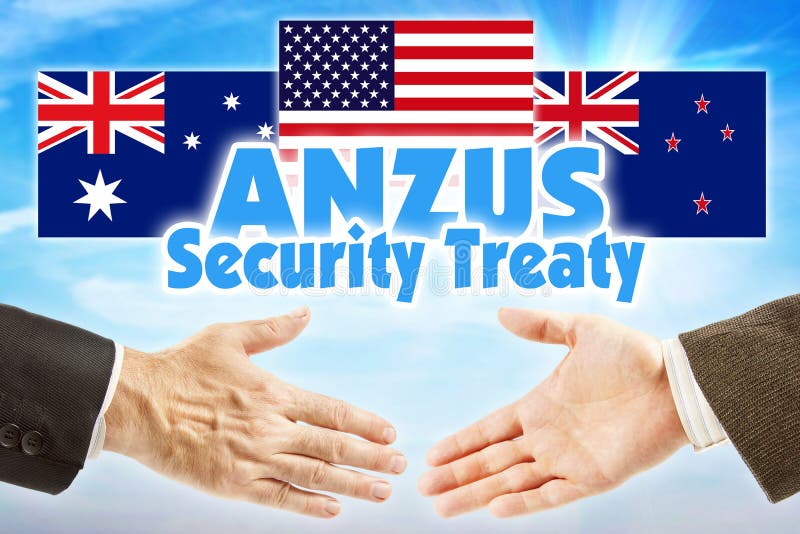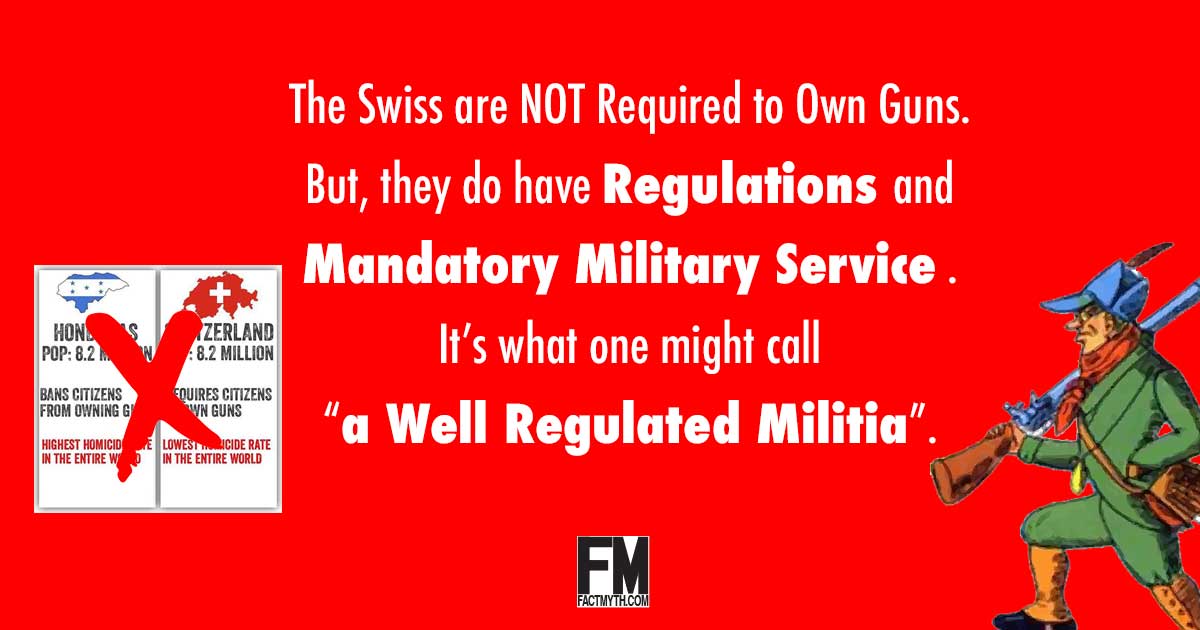The concept of a Neutrality Act was introduced in the United States in 1935.
It was subsequently re-enacted in the following successive years until 1941when it was substantially repealed.
The concept was driven by a widely held belief that the USA had been drawn into WW1 by the influence of financial and industrial titans who saw profits to be made. It dominated US thinking until the Japanese attack on Pearl Harbour which led to the US declaring war on Japan and Germany and Italy declaring war on the USA.
The remaining provisions still in force today are those that outlaw unlicensed trading in armaments. Even these seem to be paper tigers because in 1948 a collection of B17 bombers was smuggled out of the USA to Israel for use in the Arab/Israeli war and the three perpetrators of this scheme were subsequently pardoned.
For all practical purposes the Neutrality Acts no longer exist.
Australia is in an entirely different position to that of America after WW1. It has been impossible for Australia to remain neutral even up to the present day and as long as we retain our present structure of having the English monarch as our head of state it will be impossible, in my opinion, to be able to adopt a stance of neutrality.
Prior to 1901 there was no question about it at all. We were then a collection of separate colonies of Britain ruled by the British monarch through the British parliament. What the Colonial Office said was the law and as Britain seemed to be in a constant state of war with somebody, somewhere we were therefore also at war.
Following 1901 our allegiance to Britain dictated our national response to any resistance showed by other nations to British ambitions. The Boer War is a clear example where our colonial contributions continued after federation as if nothing had happened.

Breakfast on the Weldt - image source
Disapproval of British incompetence in the conduct of the Boer War, particularly the internment of innocent Boer civilians and the summary execution of Australian soldiers under British military law put an end to the assumption that Australian involvement in British military excursions was taken for granted. Australian involvement in WW1 was entirely voluntary.
Similarly, as a member of The British Empire in 1939, Australian involvement supporting Britain arose from a natural allegiance capped off by Bob Menzies exercising his “melancholy duty” to declare war on Germany. In those days Australia’s defence against aggression was underwritten by Britain, specifically, the British Navy. Britain always asserted that in the event of hostilities towards Australia the British Navy would come to the rescue and successive governments were content to accept these assurances. That was until Singapore fell in 1942.
Suddenly the rules changed. Britain had lulled Australia into a false sense of security behind a façade that the Singapore naval base was impregnable and would guarantee our safety. The Japanese proved in very short order what a fraud that was. The reaction of Britain following the fall of Singapore was that somehow the 8th Australian Division which had been sent to Singapore to try to save the day, was targeted with having somehow or other been the cause of the defeat.
This was despite the fact that the largest contingent of troops numerically were from the Indian Army, the second largest was from the British Army, the entire senior command structure was in the hands of British officers and the RAF was virtually non-existent.
Britain was itself in no position to bolster the resources available to defend Singapore and Malaya. Commenting on the performance of the Australian 8th Division, Churchill stated that “they were from bad stock”, an insult to the entire Australian population and to a country which had been unstinting in its efforts to defend Britain.
I include this video - the John Curtin story - for those interested in learning more about the man known as " Hell Fire Jack "
Thankfully, this was a wake-up call to the then Labour government of John Curtin who had defeated Menzies in the previous federal election. Our allegiance of “kinship” was replaced by a need for self-preservation and Curtin made no secret of the fact that Australia now looked to the USA as its principal ally.
This union has remained in place ever since and shows no signs of coming to an end. Following the creation of the United Nations Australia has been a participant in every major military undertaking endorsed by the UN and usually in joint undertakings with Britain and the USA. We continue to support the USA whenever we are asked to do so and we continue to faithfully adhere to our obligations under the ANZUS Treaty.

This brings us to the question of our role in the current conflict in the Ukraine. Why are we there and why are we involved? There is only one answer to that question and that is that Morrison was playing to the domestic market for the recent federal election.
We have no nexus of any kind with Ukraine. It is not a requirement of the ANZUS treaty no matter how involved the USA wants to be. Morrison saw it as a means to an end through two prisms. One as a demonstration to the bleeding hearts of his compassion towards people in need. The other was to demonstrate the strength of our defence capabilities. Both failed dismally.
Conversely, our relationship with Pacific Island nations is much less than the government would have us believe. If one takes the trouble to visit the Solomons and Vanuatu they will soon discern an undercurrent of antipathy towards Australia stemming from the behaviour of AFP contingents to support the local administrations which the locals feel they were being treated by just another lot of colonial masters. Then we have the example of our attitude to the actions of the Fijian people to wrest control of their country from being bred out of control by the imported Indian population brought in by the British to work in the sugar cane fields. Our response to that was to support Fiji’s banishment from the British Empire. My prediction is that Fiji will sign up to the Chinese pact within the next couple of months.
Then we have PNG right on our doorstep. Prior to Whitlam’s election, there was a plan in place to transfer self-government to PNG over a five year period. Whitlam cancelled that and cast them adrift in three months. We still provide budgetary support for the country but when China come in with a better offer they will discard us. I believe that they are keeping their powder dry waiting for the completion of the new naval base to be built on Manus Island. When it’s up and running it will become a Chinese base and the Chinese would not have contributed a single bag of cement to its creation.
In the face of what is going on around us, how could we ever hope to become “Neutral”? What would we have to do to be officially classed as “neutral”?
Firstly we need to become a Republic and sever the cord with the British government and monarchy. We try to delude ourselves that we are already independent but we are not.
Secondly we need to cancel our involvement with all treaties of mutual defence support with other nations. That obviously means cancelling our part in the ANZUS treaty and the new union known as the Quad.
Video October 2020
Finally, what are the consequences of becoming “neutral”? Immediately much international criticism and acclaim all of which will pass with the passage of time. It will probably mean some sanctions from former allies in the terms of our trade with them. It will not mean a reduction in our defence spending.
Switzerland, probably the stand-out example of neutrality, has bigger defence obligations for its population than we do at present.

Military service for all males between 18 and 30 is compulsory. Those medical unfit or exempt for other reasons must spend equivalent time in civil services. Sweden has similar obligations and also has a thriving defence manufacturing industry.
Becoming officially “neutral” requires acknowledgement from official quarters, such as the UN, but does not necessarily guarantee freedom from aggression by others. During WW2 Hitler did contemplate marching through Switzerland as a shortcut to Italy, Sweden enjoyed neutrality because it was Germany’s source of iron ore. It did not help Belgium in WW1; Germany just marched through it as a shortcut to France.
As I see it, we are so deeply committed to our treaty obligations with the USA that any ambitions we might have to be truly neutral is a pipe dream. That does not mean to say that we were right in sticking our nose into Ukraine and Russian affairs. We were not and I cannot see any evidence of upside in continuing to stay involved. All I can see is downside and a fouling of our relationship with Russia for many, many years.
BLOG COMMENTS POWERED BY DISQUS






























































